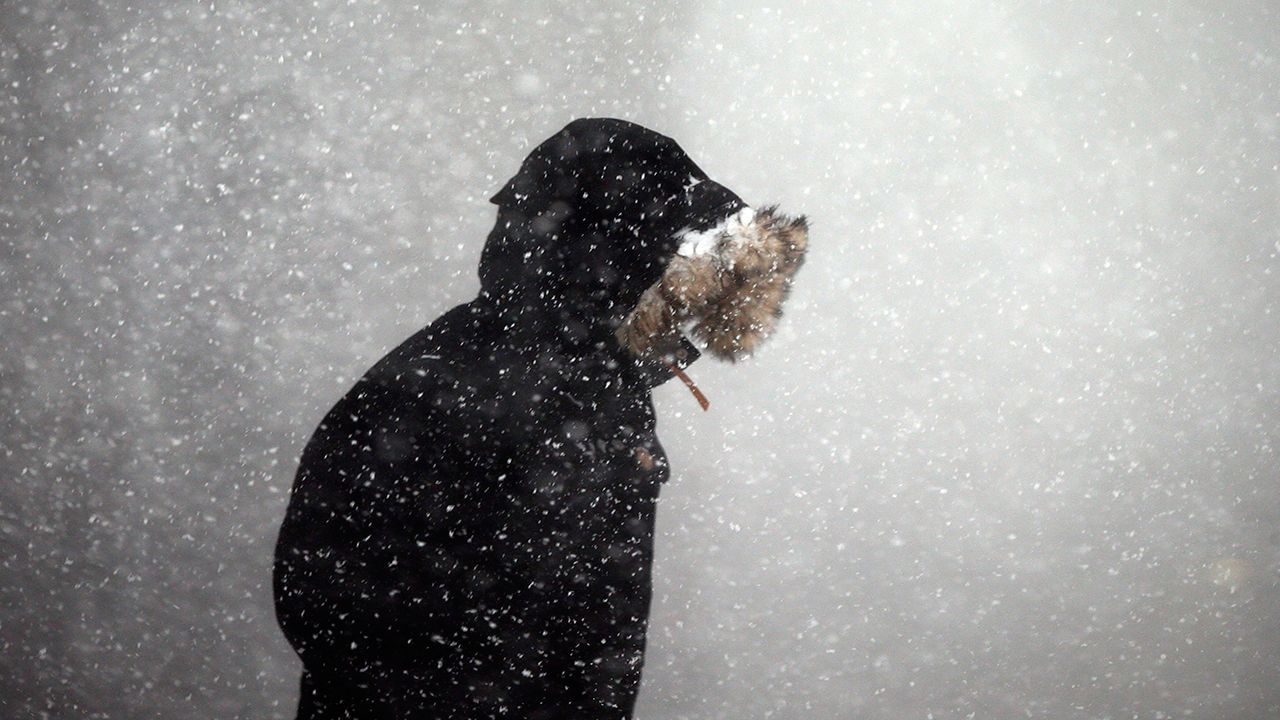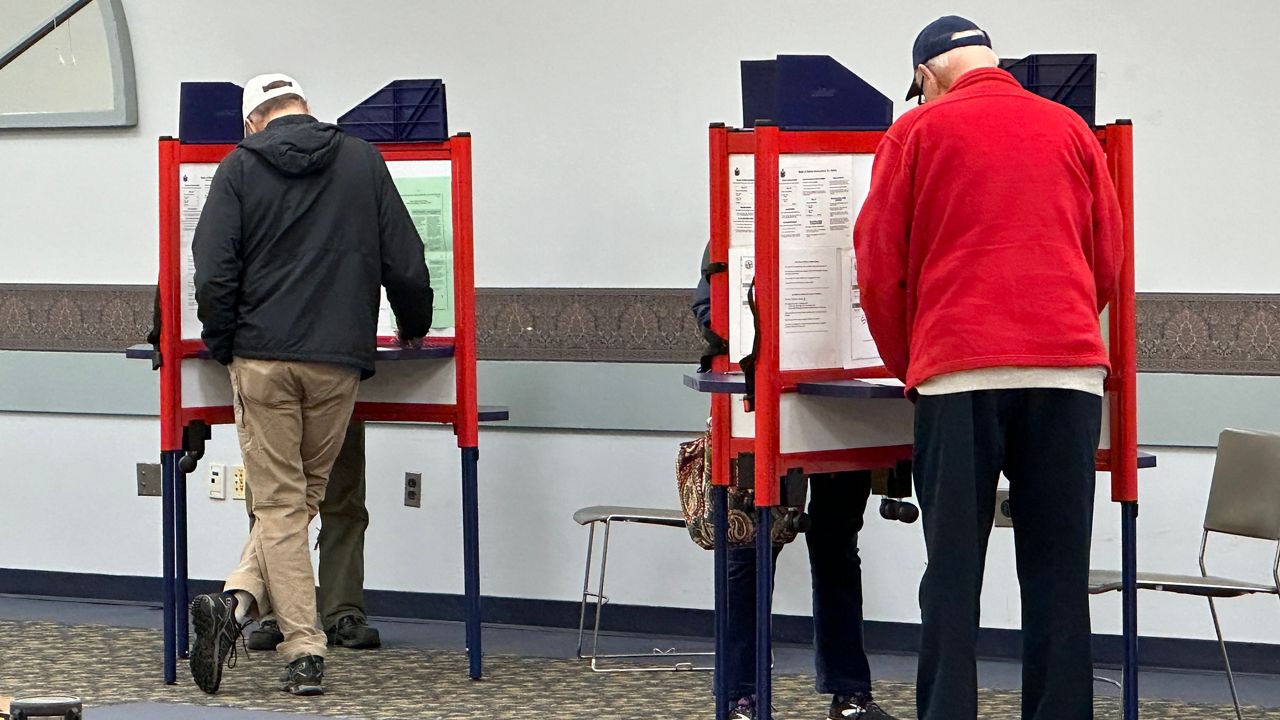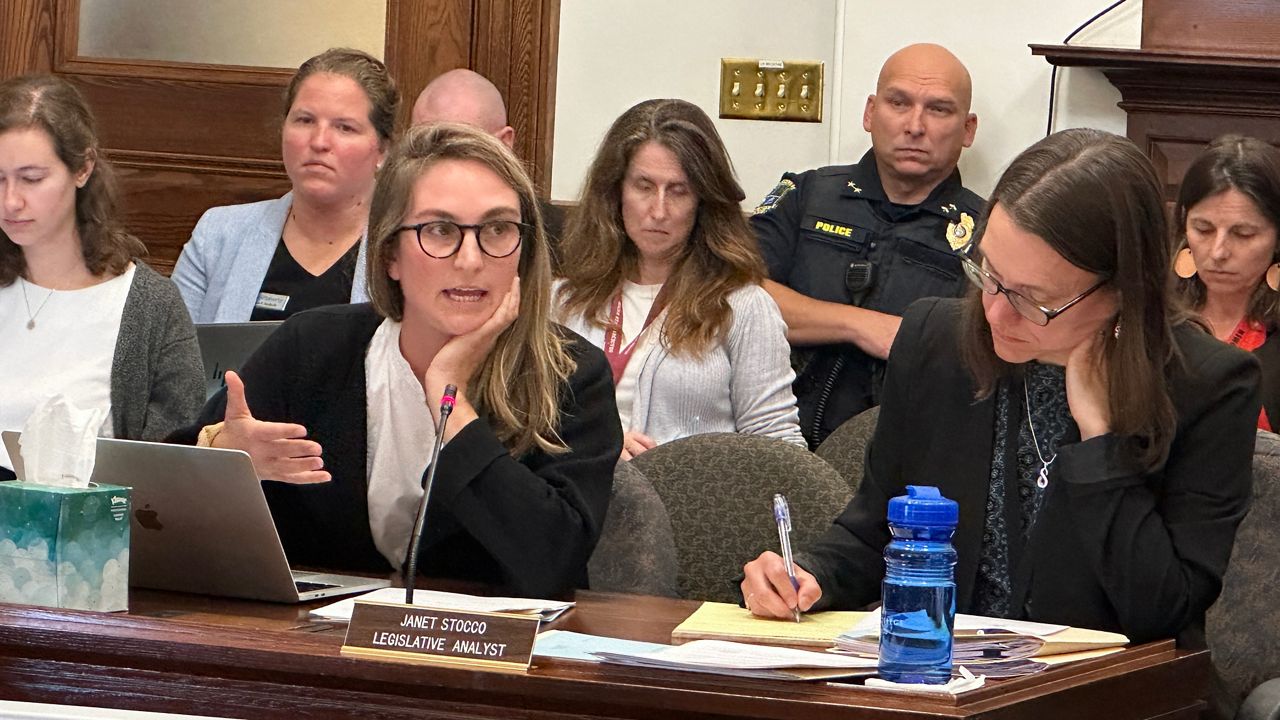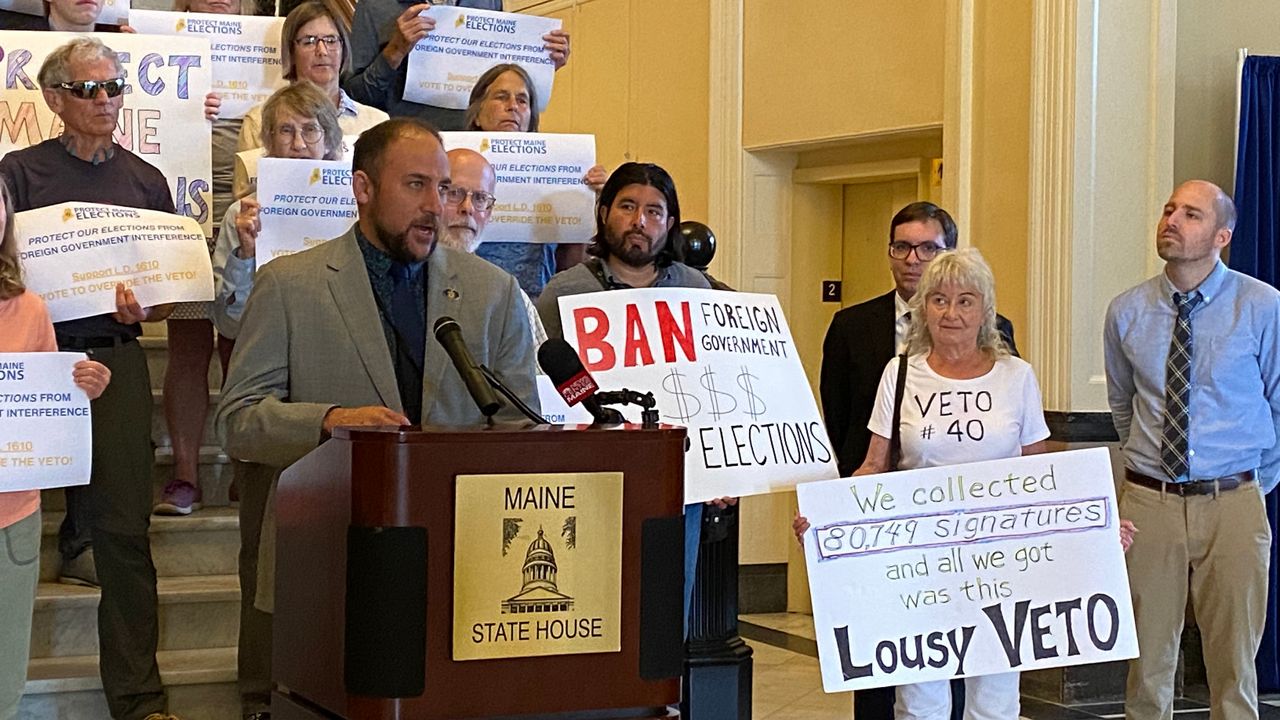Imagine another nor’easter hits Maine. You’ve got more than a foot of snow on the ground. You lose power. You wonder if you’ll be able to get out of your driveway.
So you pull out your phone (the cellular network is still functioning), open an app and post about your situation, similar to how you might post to Facebook or other social media. This app, however, carries your comments about being stuck at home with no power to a special network that includes your neighbors, emergency management officials, and even the power company.
Suddenly you’re getting replies. The power company might tell you how long they expect the lights to be out. Local emergency management tells you about warming centers being set up in your area. Your neighbors offer to come help dig you out, while others who still have power invite you to come over for a while to warm up.
This is the vision of a new social network a Freeport-based company, GoodGames, is working on right now thanks to a $100,000 grant from the U.S. Environmental Protection Agency.
Described as a “disaster resilience social networking platform,” the concept involves connecting people during a crisis, according to Daniel Stephens, the company’s CEO.
“One of the core issues is, community members need to be able to communicate with one another during a disaster, because in some instances the disaster is widespread and emergency response is at a minimum or is stretched thin,” he said.
The current grant will allow the company to test out a prototype of the network in Freeport and another community in Nebraska through May. In some ways, Stephens said, the network will function like a typical social network, but it connects everyone using the app, not just a select group of friends and family members.
In an age where people communicate less with their neighbors, he said, it gives people an opportunity to reach out to one another during a crisis in ways they might not normally do.
“Even within a small community, there’s very little communication from community member to community member,” he said. “So you may live on a street, and 40 years ago you would know all of your neighbors, and have their first and last names and their phone numbers on your refrigerator, but today that’s not the case.”
It’s not just about being neighborly. The network will also connect users with official resources and emergency management authorities. Stephens said this will allow the authorities to issue warnings or instructions to the network. The grand plan also includes having power companies on the network.
“In this instance, the app lets you immediately say, all you do is put ‘I am without power.’ You’re not directing that at anyone, (but) all the way up the chain, everyone who needs to know knows,” he said.
Stephens’ company creates game-based communications tools, and has worked with organizations including the Red Cross and the World Bank. He said one of the company’s experts came up with the network’s concept after seeing media accounts of deadly heat waves nationwide in 2022.
“We started a conversation about what could we do?” he said. “What could our platform possibly do to help mitigate some of the fallout from these types of events?”
Right now, Stephens said, the company is still developing the network, and answering questions such as how to fund it. For example, he doesn’t want to require users to pay a fee, as that will likely drive people away.
“It’s only used when something bad happens, and nobody thinks anything bad is going to happen to them,” he said.
The EPA grant is one of 25 issued to small businesses nationwide “to develop technologies that address some of our most pressing environmental problems,” according to a release announcing the grants.
Stephens said once the company finishes the first phase, he hopes the data collected will show the network is viable and capable of being scaled up for nationwide use. If so, he said, he will be applying to the EPA for more funding to develop the project further.







)

